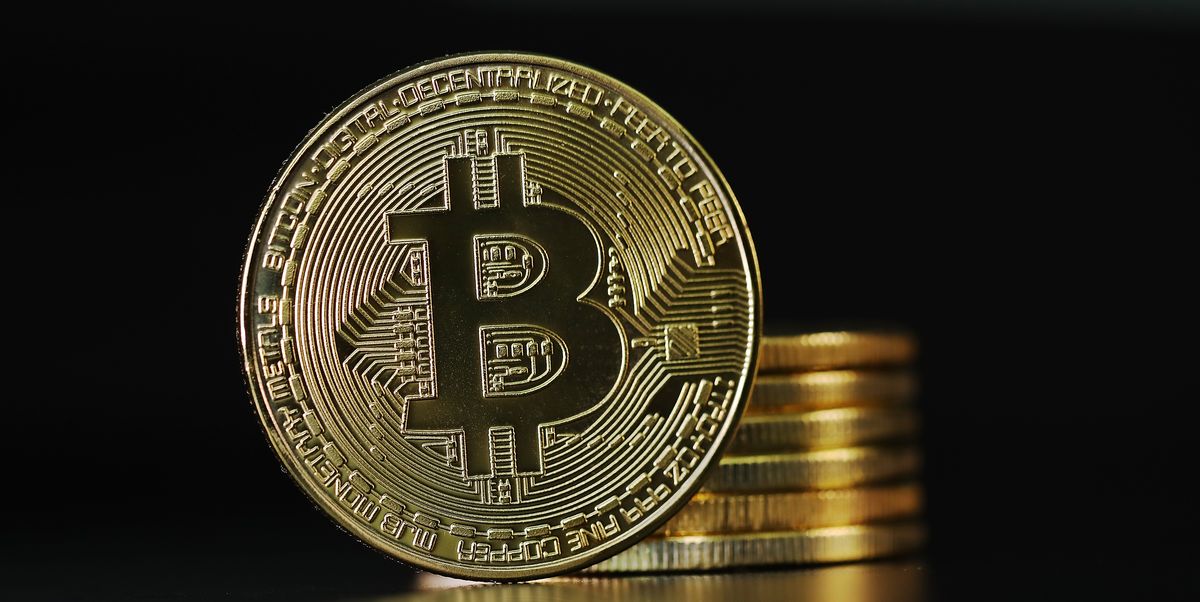|
Getting your Trinity Audio player ready...
|
Qatar’s stance on digital assets has undergone a dramatic shift. After a 2018 ban, the Middle Eastern nation is now embracing the technology, with a focus on asset tokenization. This move aligns with Qatar’s Digital Agenda 2030, a roadmap for economic diversification and technological advancement.
Yousuf Mohamed Al-Jaida, CEO of the Qatar Financial Centre (QFC), confirms digital assets and Distributed Ledger Technology (DLT) are on the agenda. The QFC, established in 2005, operates as a business and financial hub with its own legal and tax framework. Interestingly, QFC has been exploring digital assets despite the national ban.
This exploration materialized with the launch of the Digital Assets Lab, a collaborative initiative between QFC, the Qatar Central Bank (QCB), and other stakeholders. The Lab, launched in July 2024, aims to “spur open innovation, research and development in digital assets and DLT.” Its first cohort of 20 participants, comprising startups, academics, and established financial institutions, is set to begin work this month.
These participants will gain access to Qatar’s robust business ecosystem, resources, and infrastructure. Additionally, they’ll benefit from QFC‘s expertise in technical, legal, and business matters, including assistance with commercial registration and licensing.
While DLT exploration is ongoing, tokenization takes center stage for now. The global market capitalization of tokenized assets, which represent real-world assets on a blockchain, has seen explosive growth – from $1.5 billion in 2018 to a staggering $120 billion in 2024. Experts predict this figure could reach a monumental $16 trillion by 2030.
To support this tokenization push, the QFC released the QFC Digital Assets Framework 2024. This framework provides clarity on regulations surrounding digital asset ownership, transfer, trading, custody, smart contracts, and other key aspects.
“The framework forms an essential cornerstone of Qatar’s burgeoning digital assets market,” stated Al-Jaida. He emphasizes the framework’s role in establishing standards and advocating for a trusted technology infrastructure that benefits consumers, service providers, and all stakeholders.
Earlier this year, Maha Al-Saadi, head of the QFC’s regulatory affairs department, revealed a crucial partnership with the central bank. This collaboration allows digital asset businesses to obtain licenses, granting them the ability to serve the entire country.
Also Read: Qatar’s CBDC Infrastructure: A Digital Leap Forward For Payments, Fintech, and Financial Inclusion?
Al-Saadi highlights the importance of striking a balance: “We strive to strike a balance between regulatory compliance and fostering innovation. While certain activities may fall under regulated domains, we are committed to providing a conducive environment for digital asset ventures to thrive.”
Qatar’s shift from a complete ban to actively promoting digital assets is a significant development with global implications. Whether this strategy can propel Qatar to the forefront of the digital asset revolution remains to be seen, but the groundwork is certainly being laid.
Disclaimer: The information in this article is for general purposes only and does not constitute financial advice. The author’s views are personal and may not reflect the views of Chain Affairs. Before making any investment decisions, you should always conduct your own research. Chain Affairs is not responsible for any financial losses.




